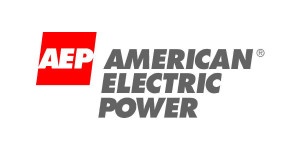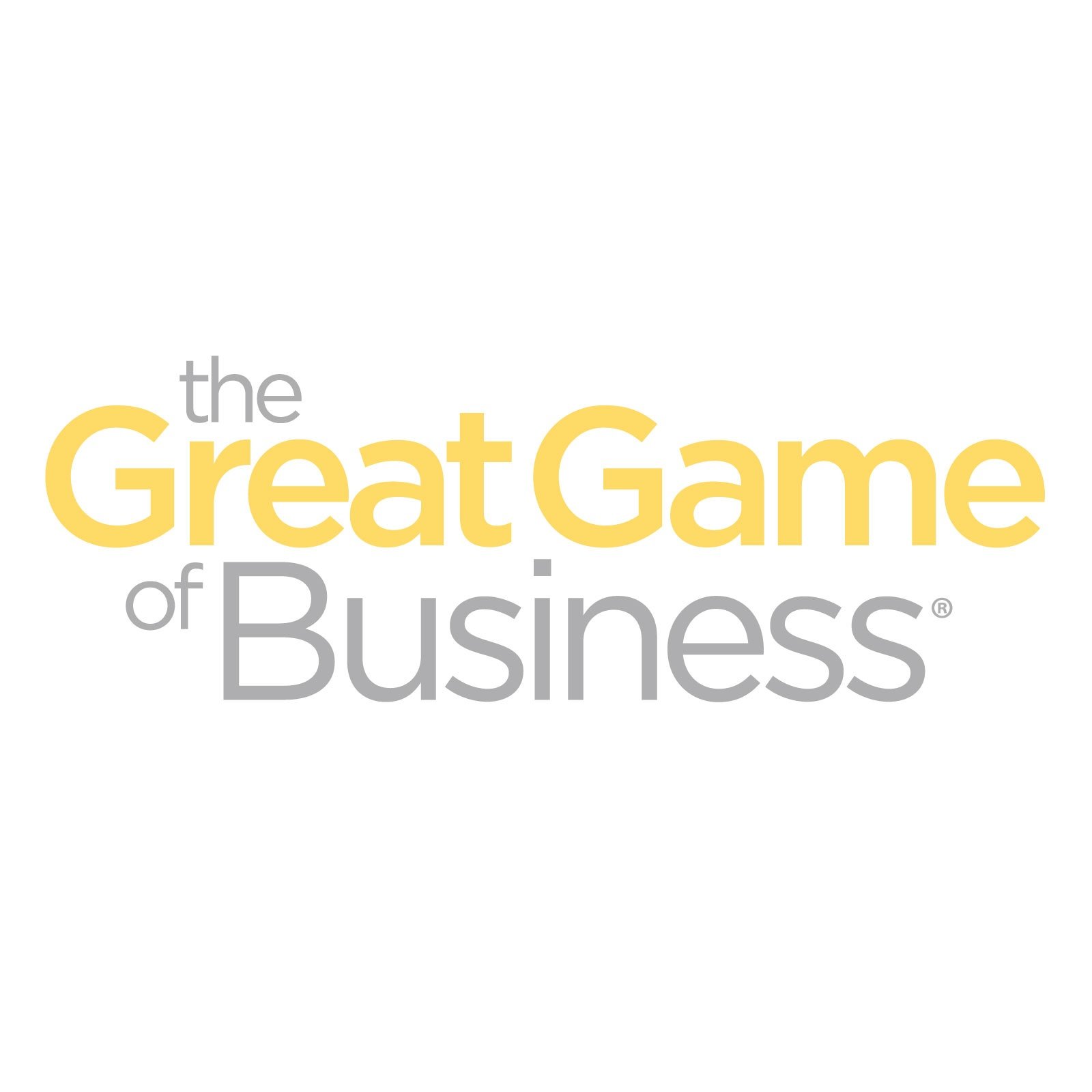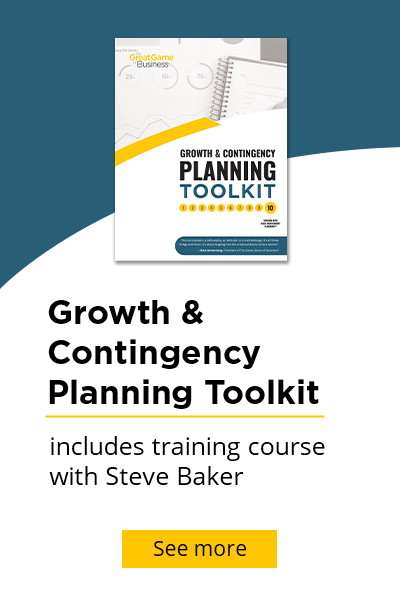 American Electric Powers’ (AEP) Pirkey Power Plant in Hallsville, Texas, has been providing low-cost power to its customers since 1985. The plant is part of a division of AEP called Southwestern Electric Power (SWEPCO), which is composed of eleven plants over a three-state region that includes parts of Texas, Louisiana, and Arkansas.
American Electric Powers’ (AEP) Pirkey Power Plant in Hallsville, Texas, has been providing low-cost power to its customers since 1985. The plant is part of a division of AEP called Southwestern Electric Power (SWEPCO), which is composed of eleven plants over a three-state region that includes parts of Texas, Louisiana, and Arkansas. 
Business Challenges
Operating in a heavily regulated industry creates different challenges for a plant like Pirkey, says Drew Seidel, the plant’s manager, especially when it comes to thinking about revenue, which is something outside the plant’s control. What Seidel and his team can focus on, however, is controlling costs. “We have more things to take care of than we have money to take of them with,” says Seidel, who has been with AEP for more than 20 years. “And the leaner we run and the more waste we eliminate, the more things we can do.”
Open-Book Solutions
Opening the books was nothing new to Seidel and the Pirkey team when they began playing the GGOB in June 2013 with the help of their coach, Rich Armstrong. In fact, the company had a management practice called “Open Book Leadership” in place that emphasized transparency with a focus on employee education and engagement.
While the plant had been very successful in the past, Seidel and his management team saw opportunities to go deeper and find a way to connect the dots and bring all of the principles of the GGOB to every member of the plant. “We thought we could do even better,” he says, “maybe run up the score a bit by moving from a piecemeal approach to where we embraced the whole GGOB system.”
One of the first elements of the GGOB the plant implemented was a regular all-employee huddle, which Seidel says became a tremendous opportunity to talk about wins and to recognize the plant’s associates for their contributions.
The huddles also became platforms to use scoreboards to educate associates about the different performance metrics that drive the plant’s success relative to other utilities. The team also began the practice of forward forecasting, which immediately generated proactive actions on the part of the team where it has been much more reactive to unexpected changes than in the past.
The Pirkey team has also generated a lot of traction with its associates – and results – by implementing a series of MiniGames designed to educate the associates about how each and every one of them can impact the plant’s bottom line on a daily basis.
“The huddles and the MinGames reinforce the kind of culture we want to have in our company,” says Seidel. “The real key to the GGOB is the operating system it gives us to communicate, coach, and teach employees the business so that they think, feel and act like owners. Our crew, department and plant huddles are the real backbone where we are able to track and forecast performance on a weekly basis. This really has changed how we make decisions because we are now more focused on what is of real importance.”
Just as exciting for Seidel and the Pirkey team is that after seeing their performance in action, Lana Hillebrand, a SVP and CAO at AEP, told them that what was happening at Pirkey with Great Game is exactly the type of culture of engagement that AEP as a whole was striving for. Plans have already been generated to bring additional AEP plants into the GGOB fold in 2014.
AEP SWEPCO - Pirkey was an All-Star Award finalist in 2014. Learn more about AEP’s experience with open-book management.
Other Articles You Might Like:
.png)








.png)




-5.png)

